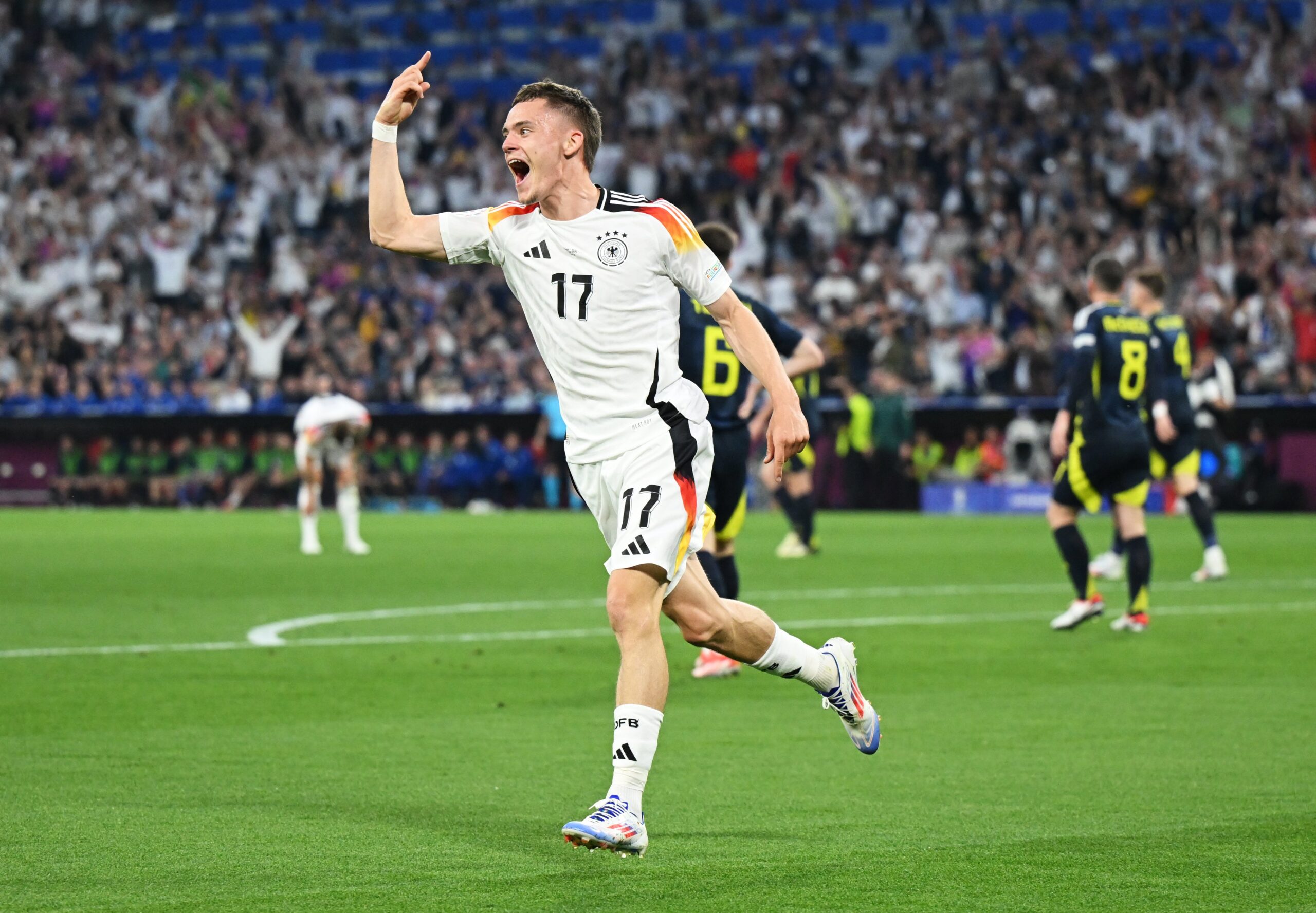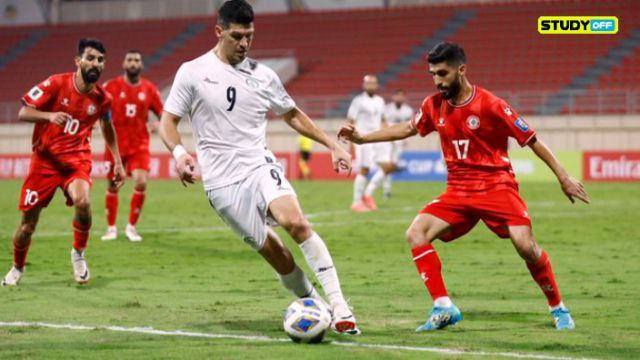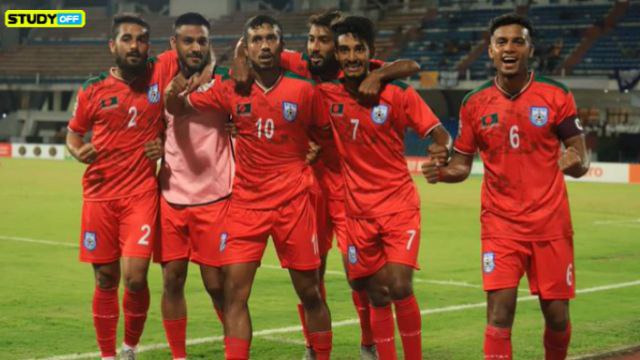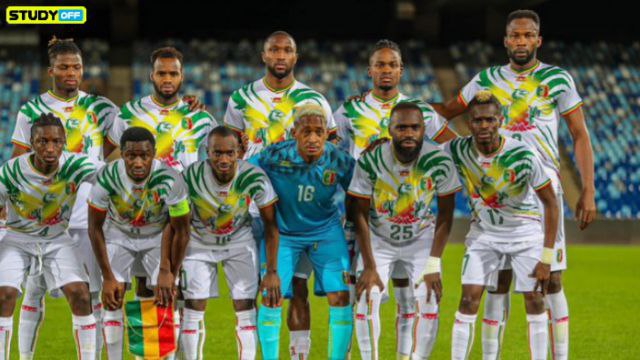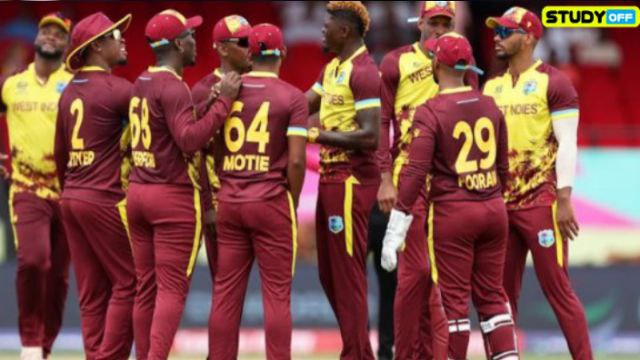Kicking off Euro 2024, host Germany thrashed Scotland 5-1.
With a 5-1 thumping of 10-man Scotland in Munich on Friday, host Germany made history by winning the largest first match victory in the history of the European Championship.
Early goals from Florian Wirtz, Jamal Musiala, and Kai Havertz in the first half ensured the outcome, and in the second half, Niclas Füllkrug and Emre Can—who wasn’t even in the team the day before—added gloss to the scoreboard.
Even though Antonio Rüdiger’s own goal in the 87th minute was only a consolation, it provided the Scotland supporters with a memorable moment on a challenging evening.
At the end of the first half, Ryan Porteous’s horrifying lunge on İlkay Gündoğan, which also resulted in a penalty and Havertz’s goal, gave the Tartan Army a double blow.
The outcome, and more crucially, Germany’s performance, will probably come as a huge relief to Die Mannschaft supporters, who for the most part didn’t have high expectations for their country during these domestic Euros.
Although there will undoubtedly be more difficult games in the future, such as those against Hungary and Switzerland in the group, Germany couldn’t have asked for a simpler – and positive – beginning.
After the game, manager Julian Nagelsmann told ITV, “I’m happy, I’m satisfied.” “Playing your home country’s first game is not easy,” but for the first 20 minutes, we played excellently, maintaining decent possession and counterpressing. We let up one goal, but it worked out in the end.
Startling beginning
Germany broke through Scotland’s defence in just ten minutes, and Wirtz’s first-time finish from the edge of the area completed a brilliant team move.
With 18 goals and 20 assists in all competitions, Wirtz had an incredible season for Bundesliga champion Bayer Leverkusen, and it was the kind of crisp finish that German fans had come to expect from him.
After just eight minutes, the score was 2-0. This time, Gündoğan’s magical play opened up Scotland’s defence. He turned on a dime and threaded a precise through pass into Havertz, who then found Musiala for a thunderous finish.
When Germany was given a penalty, it appeared as though Scotland’s situation would only get worse. However, the Tartan Army behind the goal was spared when the video assistant referee (VAR) decided that Ryan Christie’s foul on Musiala was outside of the box.
The first half quickly turned into a training session as Germany passed the ball about with ease and Scotland was providing almost little attacking threat.
Just before the break, Porteous’s reckless lunge on Gündoğan earned him a straight red card, ending any chance of the game being a contest. Havertz then scored a penalty for Germany with ease.
In the second half, the Allianz Arena was filled with a few stoic repetitions of “Flower of Scotland,” but the Scottish fans’ fervour was quickly quenched by substitute Füllkrug’s incredible finish into the top corner.
However, Scotland did have a memorable moment three minutes from the end when replacement Scott McKenna headed a long free kick from Andy Robertson towards goal, deflecting it off Rüdiger and into the net.
Scotland supporters were not given much time to celebrate when Can, a late addition due to the injury of young player Aleksandar Pavlović, found the bottom corner from the edge of the box, giving Germany the upper hand.
A squad that didn’t have big hopes for its home tournament will benefit greatly from the crushing victory.
The federation fired head coach Hansi Flick in September 2023 due to poor play and results, and Nagelsmann was appointed in his place. However, Nagelsmann has likewise had difficulty producing regular results.
Although Germany has a long history of success in big competitions—four World Cups and three European Championships—recent victories have been more elusive.
The national squad has lost in the round of 16 at Euro 2020 and was eliminated in the group stages of the last two World Cups, meaning they haven’t triumphed in a knockout match at a major event in nearly eight years.
However, following Germany’s performance on Friday, some supporters may now be daydreaming of a second “Sommermärchen,” or “summer fairytale,” which refers to the summer of 2006, when Germany shocked everyone by qualifying for the World Cup semifinals on home soil despite having very low expectations.
That year, a 4-2 victory over Costa Rica and an early goal by Philipp Lahm set off an unexpected summer celebration. Is Wirtz’s objective going to be the spark this year?

